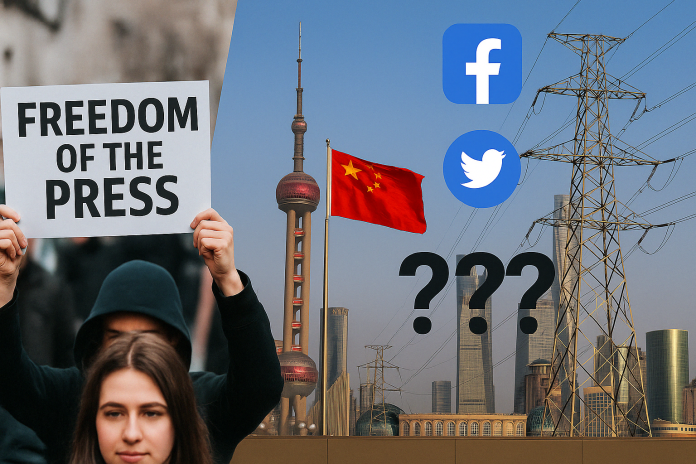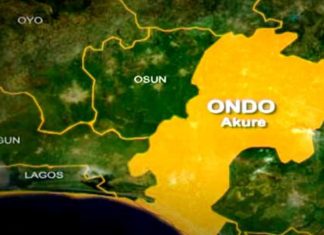By Abidemi Adebamiwa
Reading Zainab Suleiman Okino’s account of her recent visit to China—“Multiple Happiness in China and Voyage of Discovery”—one is drawn into an awe-inspiring tale of transformation, discipline, and national progress. Her words reflect admiration for China’s journey from rural poverty to economic superpower, and that’s entirely valid. But as someone who believes that every strong narrative deserves balance, I find it important to pause and ask: what was left out?
The piece celebrates infrastructure, cultural richness, logistics hubs, and the Belt and Road Initiative. Yet, it makes sweeping comparisons between China and the United States without addressing two foundational elements that underpin meaningful progress in any society: freedom and electricity.
Let’s start with electricity. No nation can industrialize without stable power. China didn’t become the “world’s factory” while battling epileptic electricity; it built its rise on consistent, reliable energy. If Nigeria were to take any lesson from China, this should be front and center. The reality in Nigeria—where millions live with less than 12 hours of power daily—remains our greatest development bottleneck.
Then comes the question of freedom. Okino’s reflections omit whether she witnessed or experienced any form of free press, civic dissent, or open criticism of government. In China, state control over information is not speculation—it’s policy. There’s no Facebook, no Twitter (now X), and the internet is filtered. The same comparison with the U.S., where such freedoms are assumed rights, becomes deeply misleading if these fundamental differences aren’t acknowledged.
What makes this oversight more striking is that Okino seems to be a widely traveled and seasoned journalist. One would expect such perspective to reflect a deeper awareness of global democratic norms—especially the contrast between China’s authoritarian model and the freedoms many other nations enjoy. Her piece, though vivid and rich, ends up sounding more like a carefully guided tour brochure than an investigative report.
Yes, China’s development model works for China—but should Nigeria emulate a system that mutes opposition and tightly controls public expression? The answer must go beyond diplomatic courtesy.
To be clear, this is not a dismissal of China’s achievements. There’s much to admire—particularly in how its leadership has executed long-term plans, lifted millions out of poverty, and built world-class infrastructure. But if we are to learn, let us learn holistically.
Let us understand that China’s gains did not come from infrastructure alone, but from a foundation of power stability, education, and strategic national planning. And let us also recognize that some gains came at the cost of freedoms we still hold dear in Nigeria, however imperfectly.
Balanced reporting matters—especially when the goal is not just to inform but to inspire development back home. Anything less than a full picture could risk turning admiration into blind mimicry.
Abidemi Adebamiwa is the Managing Editor @ Newspot Nigeria. He writes on governance and development.
Share your story or advertise with us: Whatsapp: +2347068606071 Email: info@newspotng.com
















